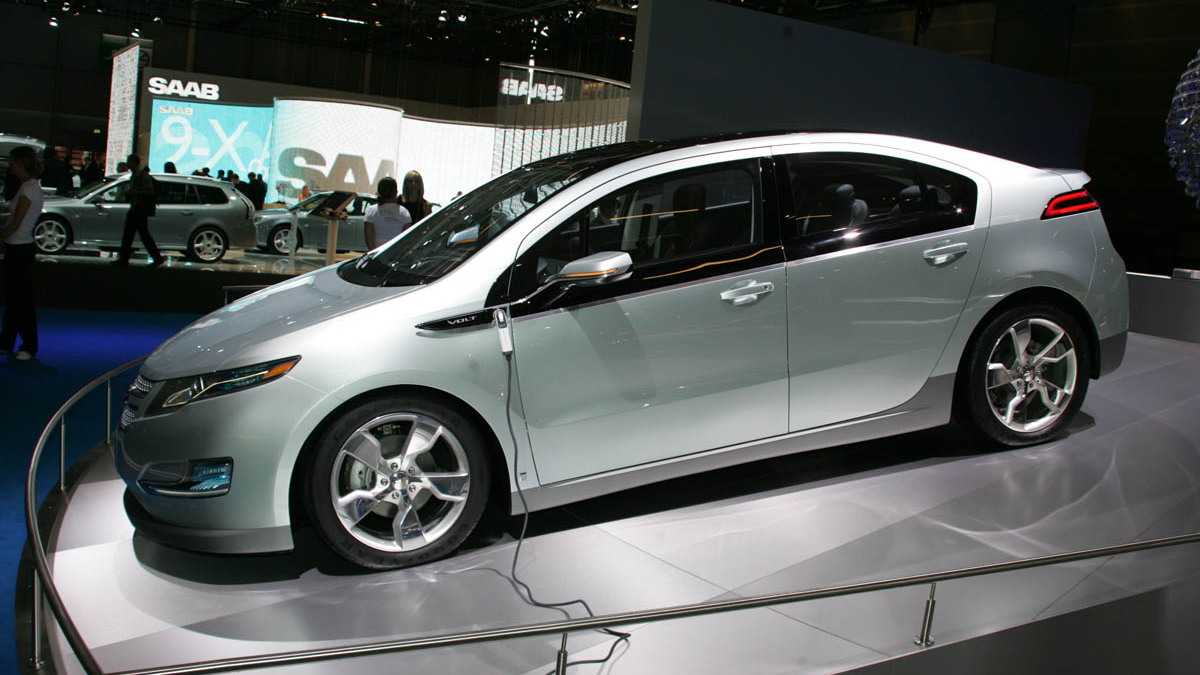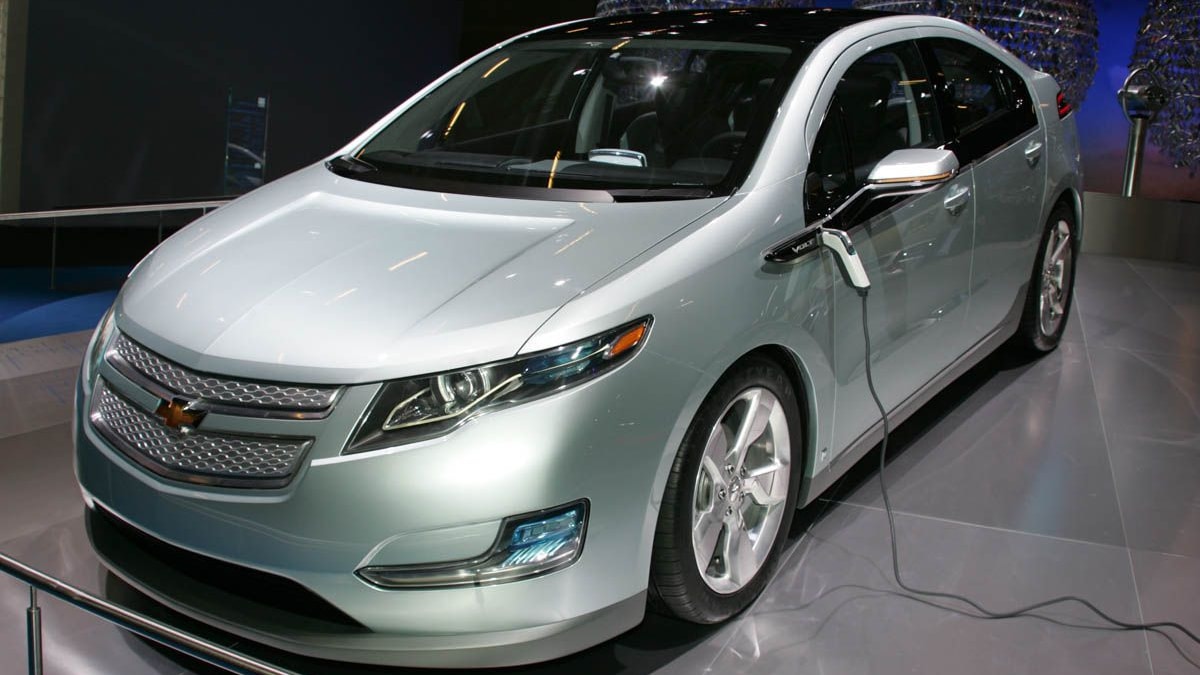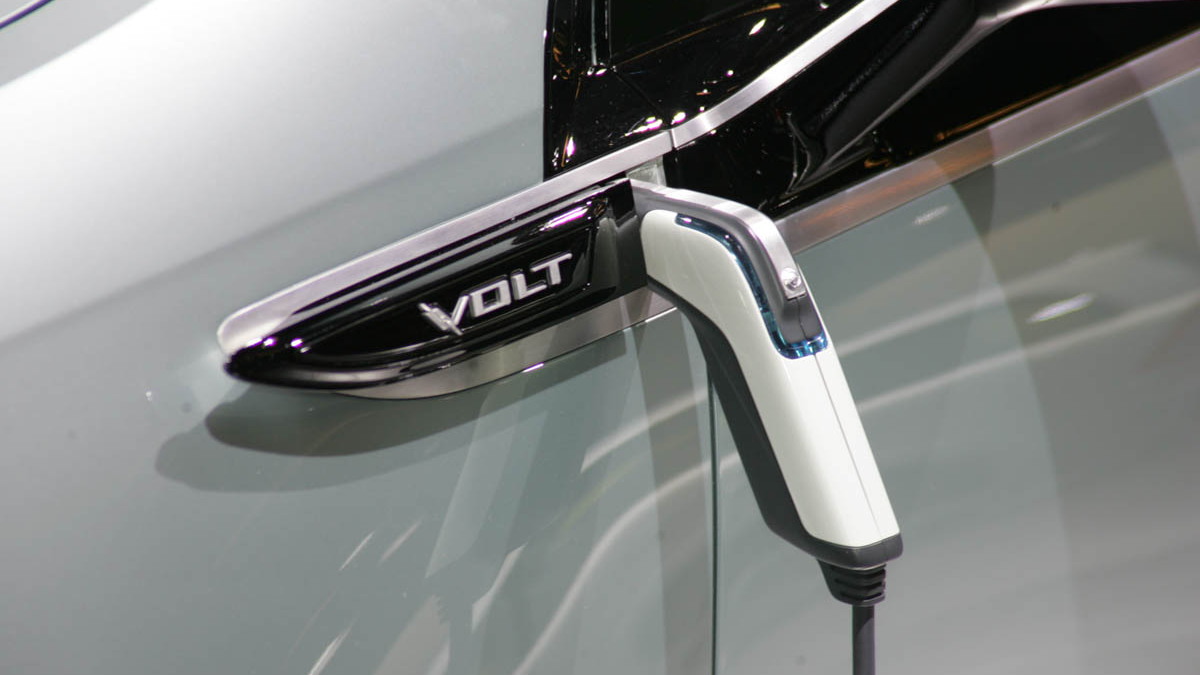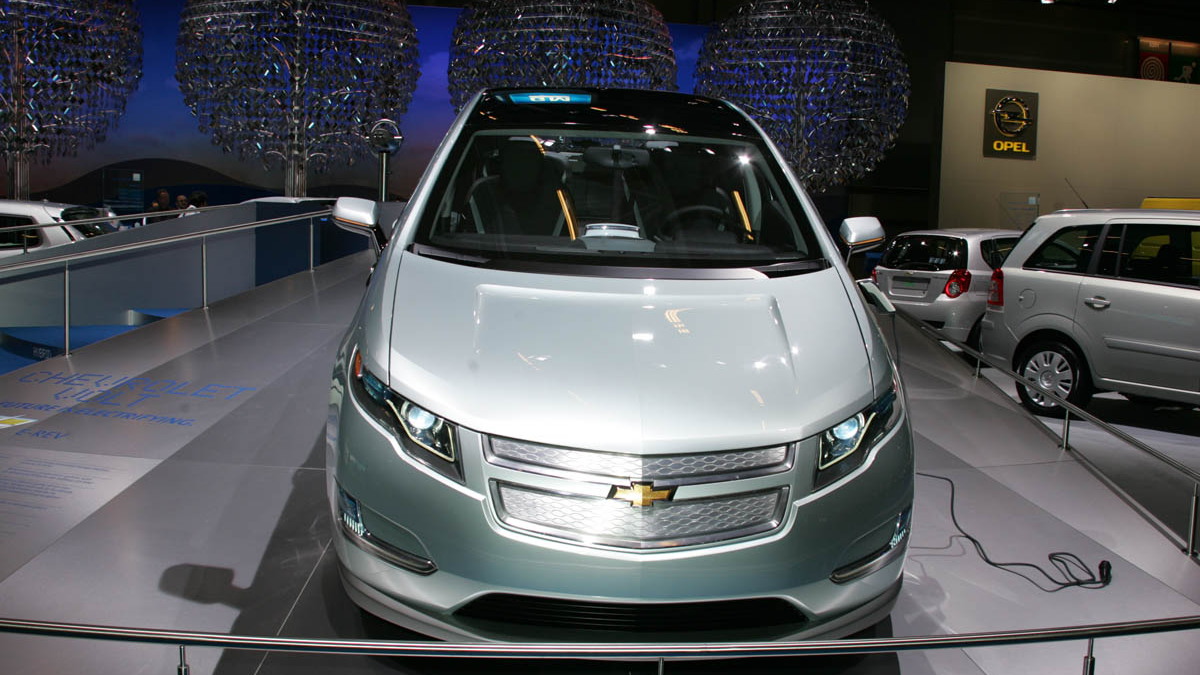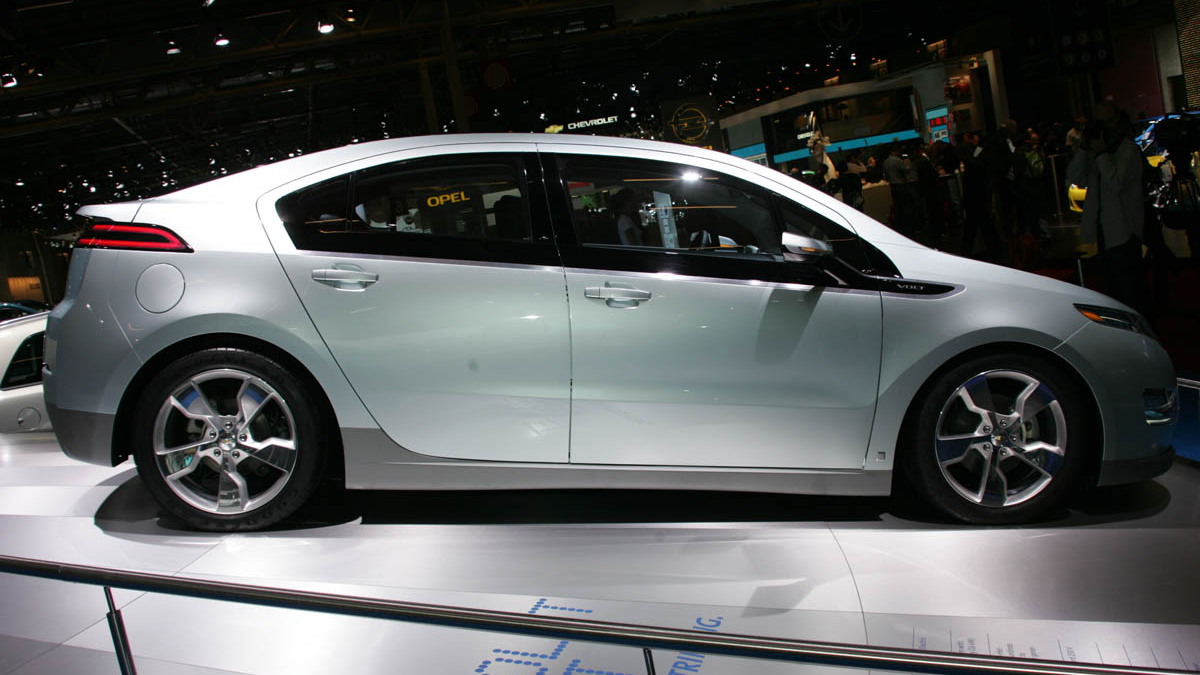As with most technology, GM recognizes that first generation technology is expensive but expects future versions to be cheaper and perform better in order to be viable for the mass market. In an interview with the Detroit Free Press, GM's director of global vehicle engineering, Robert Kruse, said engineers will attempt to cut costs in almost every aspect of the production of the Volt, "even at the very smallest levels of components".
To demonstrate this point Kruse outlined how GM had already begun bouncing ideas with battery manufacturers in order to reduce costs. Currently, the first generation Volt is expected to cost in the region of around $40,000, making it more expensive than traditional hybrids that are already on the market.
With the release of the Volt still over a year away, beginning work on an improved plug-in hybrid system will allow GM a longer time frame to hone the new technology and make it more financially viable for the lower end of the market. The second generation of the Volt will likely appear around 2015 or 2016, at which point the first-generation Volt will be put to rest.
